Coral reefs are among the most vibrant ecosystems on Earth, but many are endangered due to climate change and human activity. These underwater worlds are home to a stunning array of creatures that rely on them for shelter, food, and breeding grounds. Let’s explore some of the most endangered coral reefs and the fascinating creatures that call them home.
Great Barrier Reef, Australia – Green Sea Turtles, Reef Sharks, Clownfish
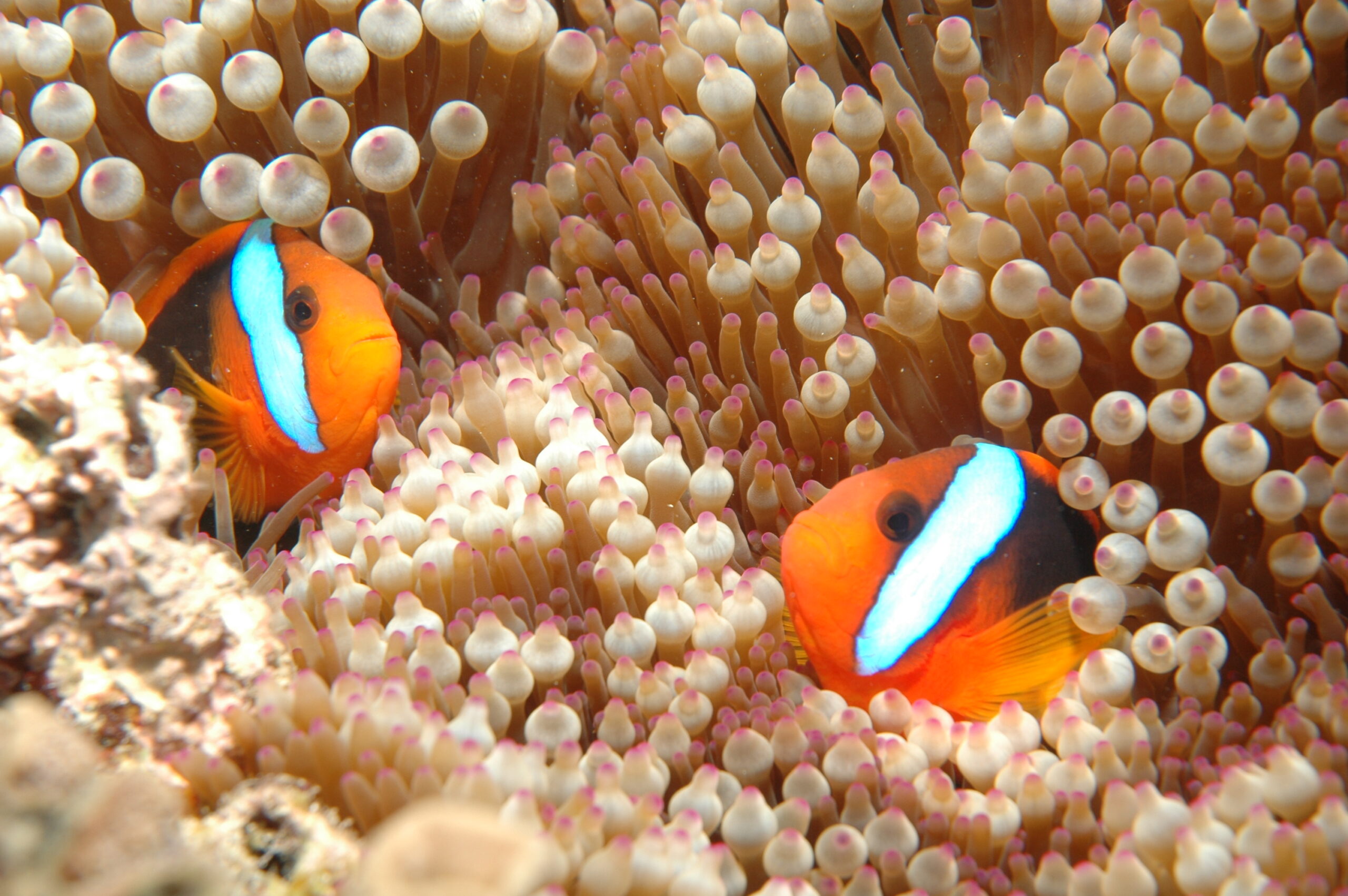
The Great Barrier Reef is the world’s largest coral reef system, stretching over 1,400 miles along Australia’s northeastern coast. It supports a diverse range of marine life, from the majestic green sea turtles that graze on seagrass meadows to the reef sharks that patrol its waters. Clownfish dart among the anemones, relying on the coral for protection. Sadly, the reef is threatened by coral bleaching, overfishing, and pollution, putting its vibrant ecosystem at risk.
Mesoamerican Reef, Caribbean – Whale Sharks, West Indian Manatees, Hawksbill Turtles
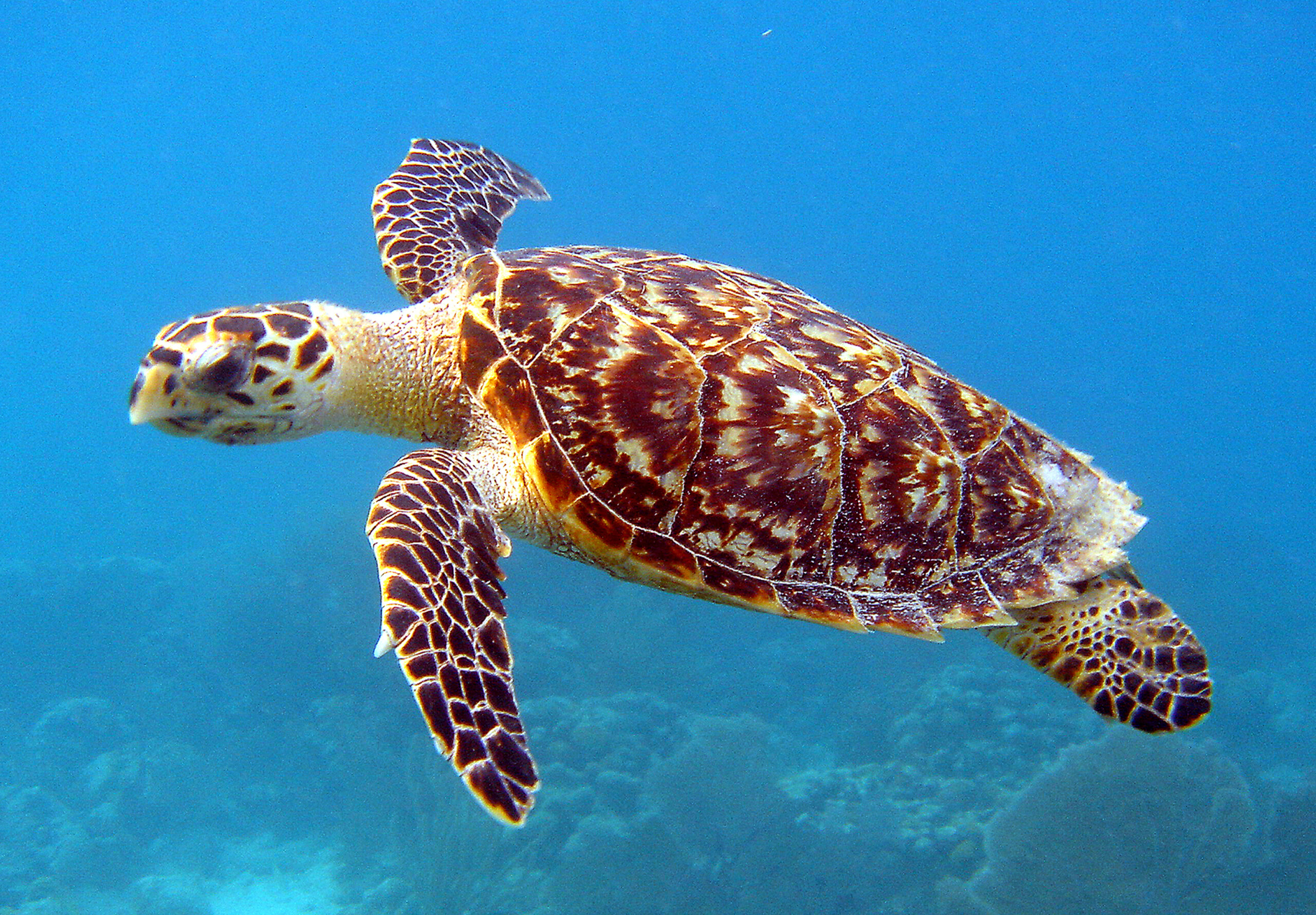
Spanning more than 600 miles from Mexico to Honduras, the Mesoamerican Reef is a vital marine habitat. It’s home to the enormous whale shark, the gentle West Indian manatee, and the critically endangered hawksbill turtle. These animals depend on the reef’s coral formations and seagrass beds for survival. However, rising sea temperatures and coastal development are causing significant damage to this fragile ecosystem.
Raja Ampat Coral Reef, Indonesia – Manta Rays, Pygmy Seahorses, Napoleon Wrasse
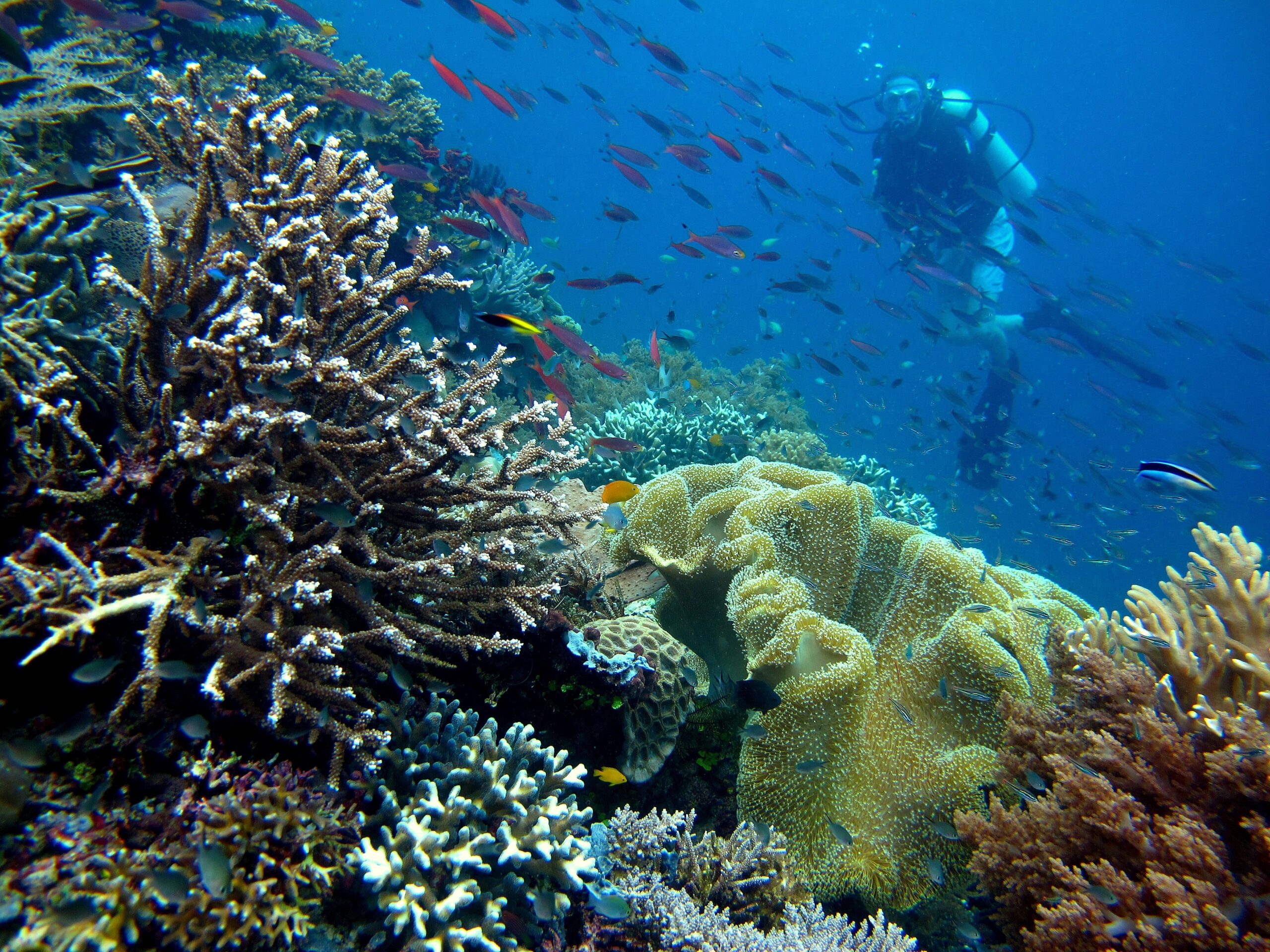
Raja Ampat in Indonesia is renowned for having the most diverse marine life of any coral reef in the world. Its rich biodiversity includes graceful manta rays, elusive pygmy seahorses, and the impressive Napoleon wrasse. This reef is a global treasure for marine biodiversity but faces threats from unsustainable fishing practices and rising sea temperatures, making its protection crucial for preserving these species.
Belize Barrier Reef, Belize – Caribbean Spiny Lobsters, Nassau Groupers, Queen Conchs
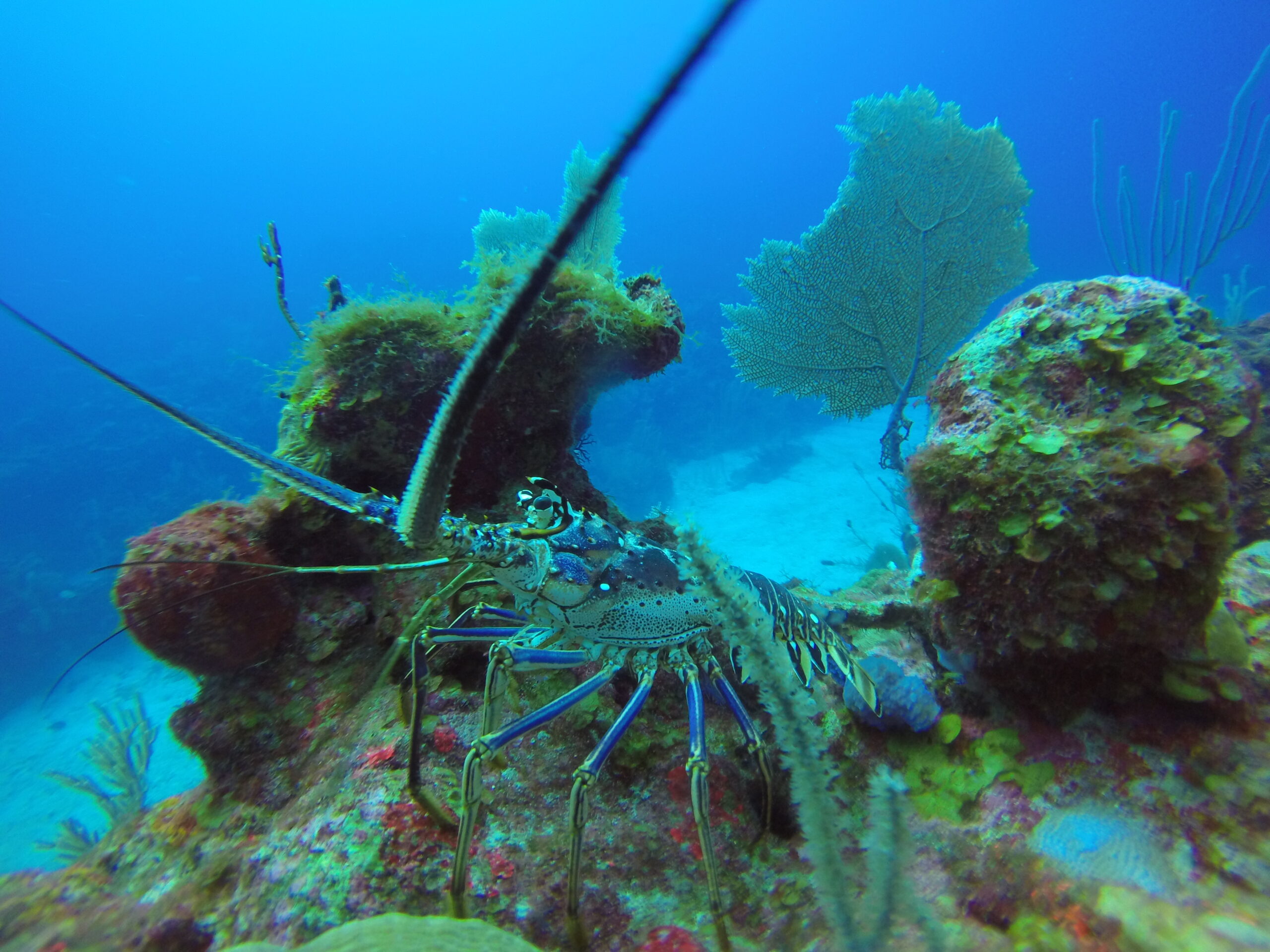
The Belize Barrier Reef is part of the Mesoamerican Reef and is known for its stunning biodiversity. It supports species like the Caribbean spiny lobster, Nassau grouper, and queen conch, which play essential roles in the local marine food chain. The reef’s unique structure provides shelter and breeding grounds for these creatures. Unfortunately, it is under threat from climate change, pollution, and habitat destruction, putting these species at risk.
New Caledonia Barrier Reef, South Pacific – Dugongs, Giant Clams, Sea Snakes
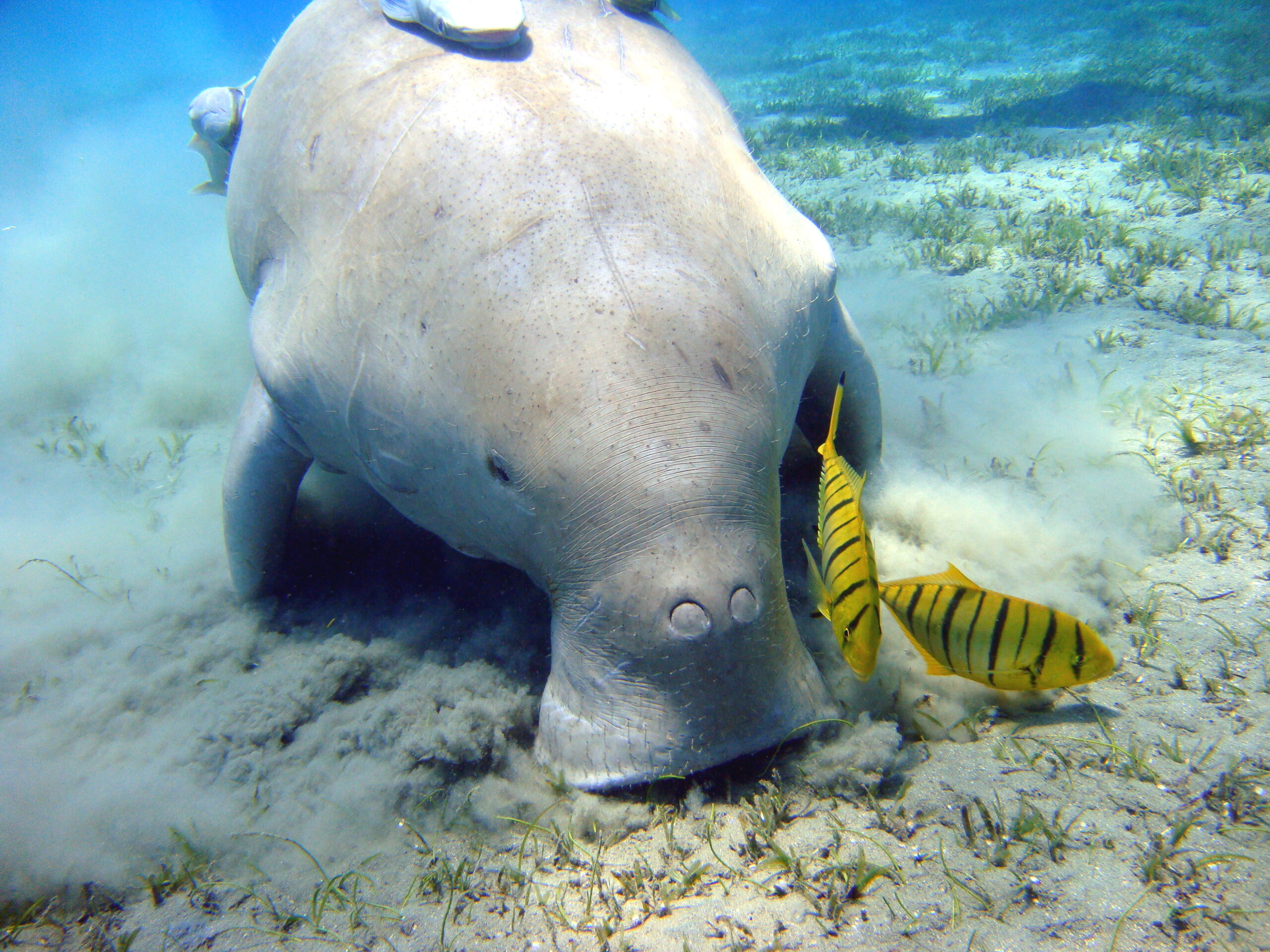
The New Caledonia Barrier Reef is the second-largest in the world and a haven for marine life. Dugongs graze on its seagrass beds, while giant clams and sea snakes thrive in its warm waters. The reef’s diverse ecosystem makes it a critical refuge for these species. However, rising ocean temperatures and human activities like mining and fishing pose significant threats to its survival.
Tubbataha Reef, Philippines – Whale Sharks, Hawksbill Turtles, Spinner Dolphins
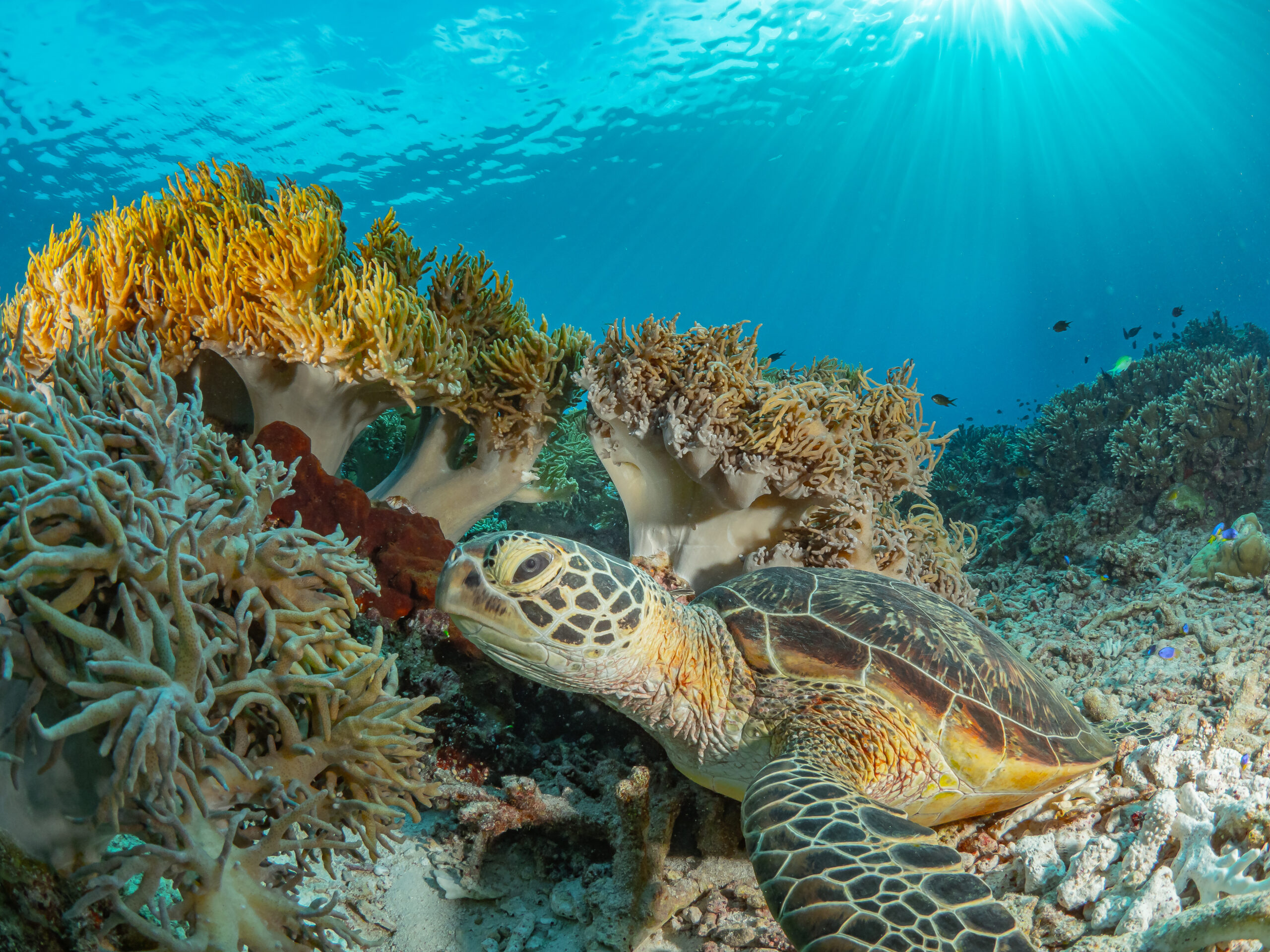
Located in the heart of the Sulu Sea, the Tubbataha Reef is a UNESCO World Heritage Site. It’s a sanctuary for marine giants like whale sharks, spinner dolphins, and the endangered hawksbill turtle. These species rely on the reef’s pristine coral and rich biodiversity. However, illegal fishing, pollution, and climate change are taking their toll on this important ecosystem.
Andros Barrier Reef, Bahamas – Nassau Groupers, Caribbean Reef Sharks, Lobsters
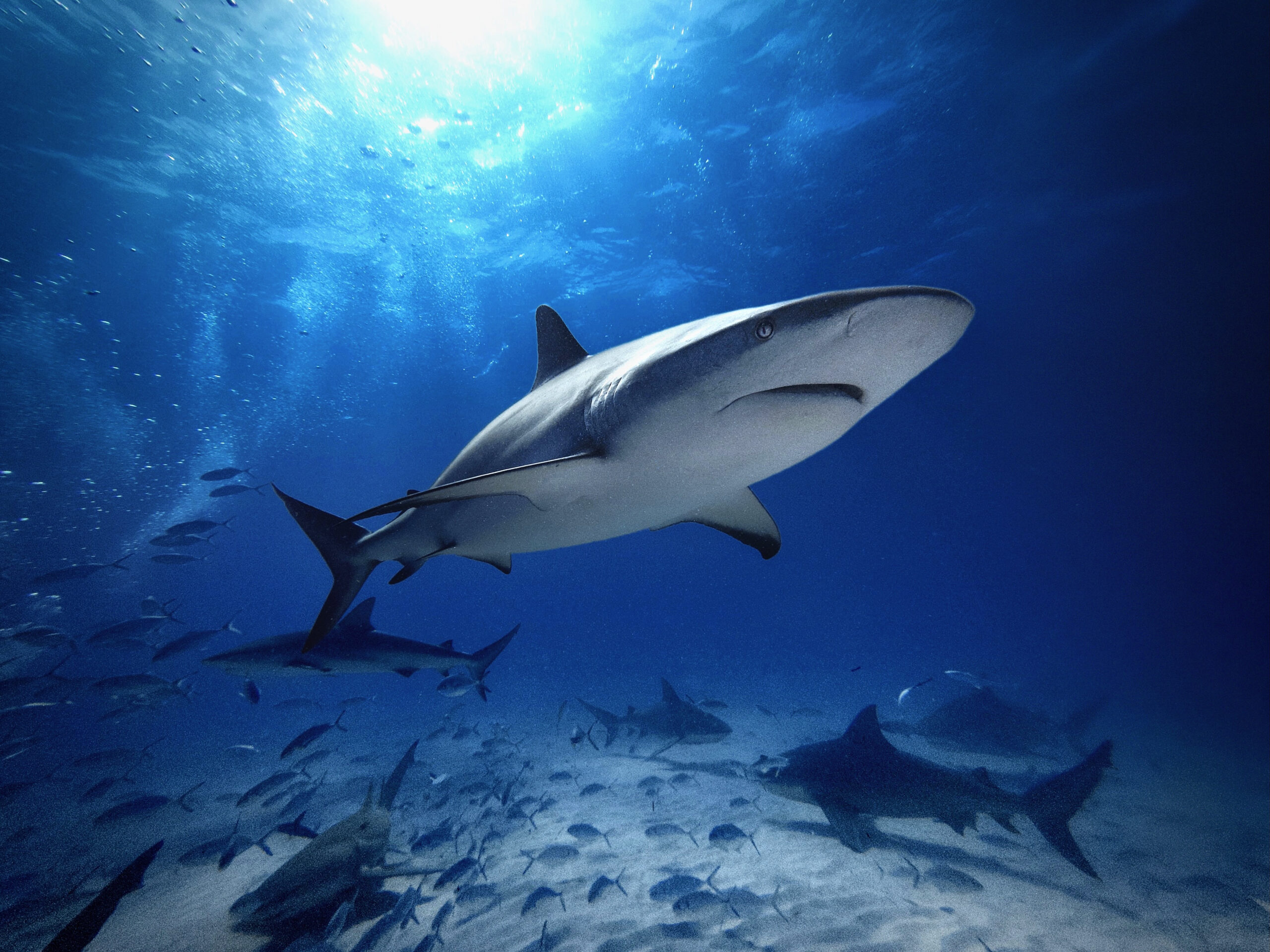
The Andros Barrier Reef in the Bahamas is the third-largest barrier reef in the world. Nassau groupers thrive here, using the coral for shelter while hunting small fish. Caribbean reef sharks patrol the deeper waters around the reef, and lobsters scuttle through the coral, adding to the ecosystem’s balance. Rising sea temperatures and overfishing pose significant threats to the reef’s delicate structure and the creatures it supports.
Maldives Coral Reefs, Indian Ocean – Manta Rays, Whale Sharks, Butterflyfish
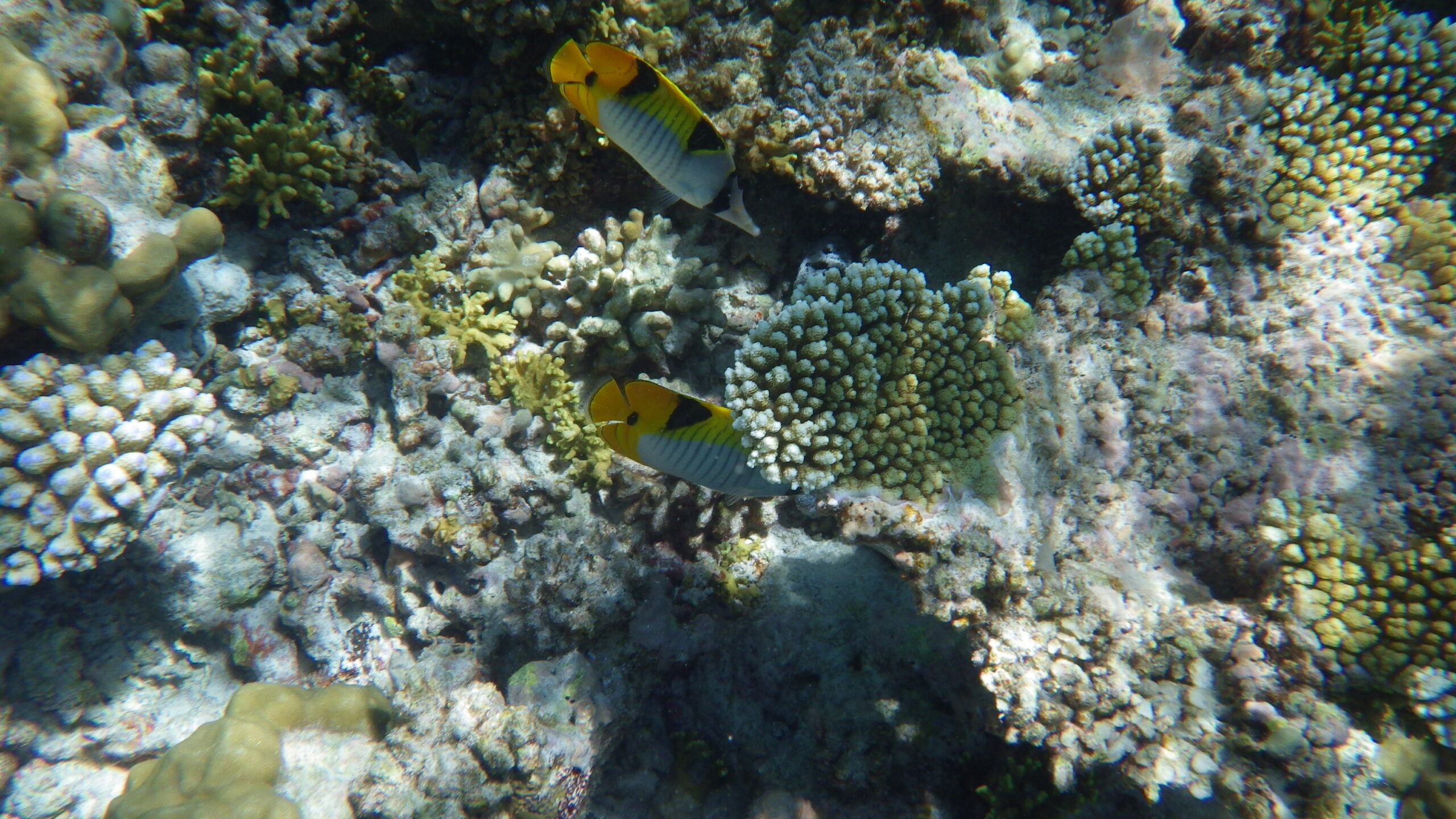
The Maldives coral reefs are a vital habitat for manta rays, whale sharks, and vibrant butterflyfish. These species rely on the reef for food and breeding grounds. Manta rays glide effortlessly over the reefs, while butterflyfish dart among the corals. Sadly, rising sea temperatures and bleaching events threaten this ecosystem, making conservation efforts crucial for its survival.
Florida Reef, USA – Goliath Groupers, Loggerhead Turtles, Coral Crabs
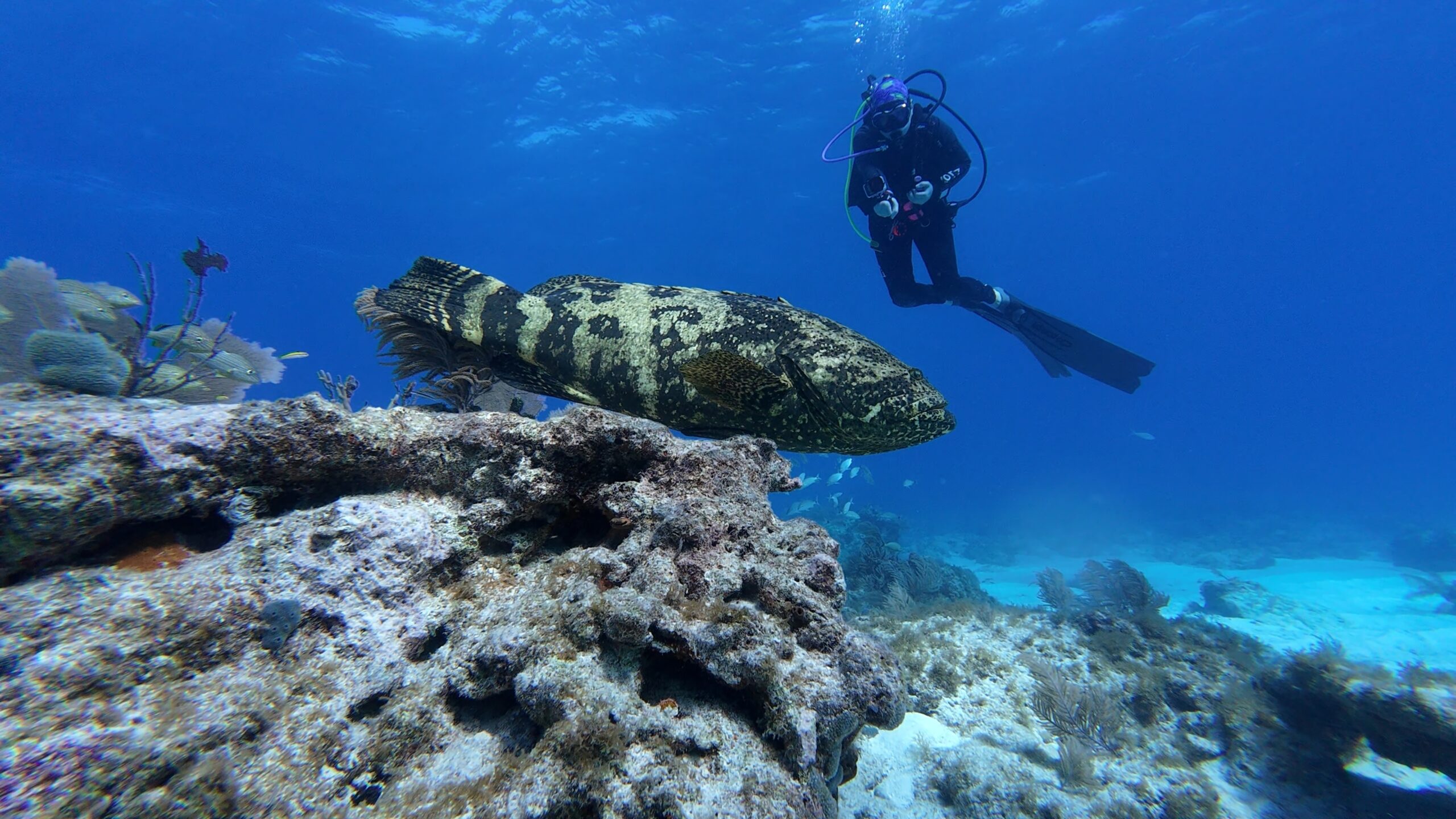
Florida Reef is the only living coral barrier reef in the continental United States. It supports an array of marine species, including the massive goliath groupers, loggerhead turtles, and coral crabs. These creatures depend on the reef for shelter and food. However, pollution and coral disease have severely impacted its health, placing this ecosystem at risk.
Seychelles Coral Reefs, Indian Ocean – Hawksbill Turtles, Green Sea Turtles, Parrotfish
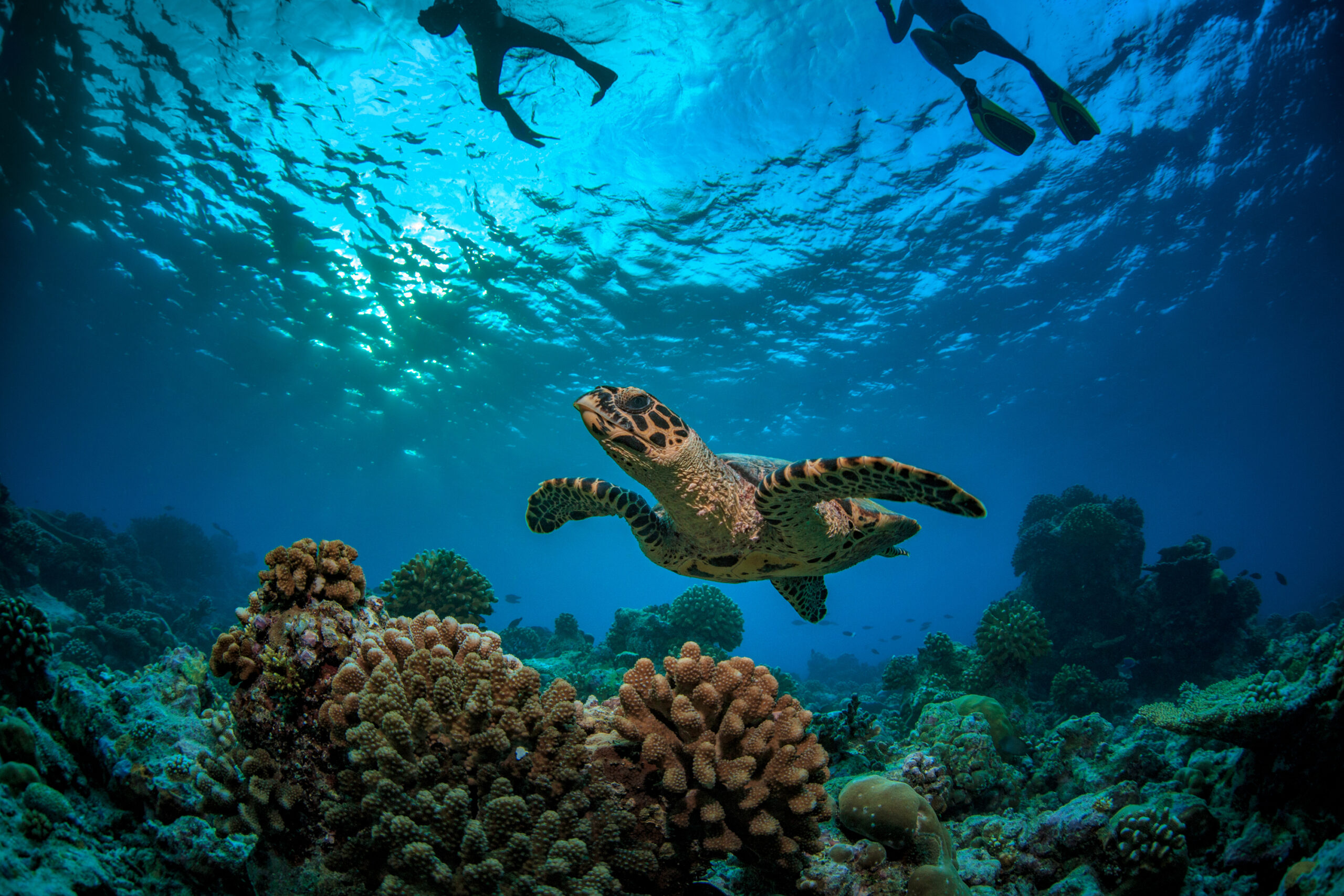
The Seychelles coral reefs are a sanctuary for marine life like hawksbill turtles, green sea turtles, and parrotfish. These species rely on the coral for food and nesting sites. Parrotfish play a key role in maintaining the health of the reef by eating algae that can suffocate the coral. Rising sea temperatures and coastal development, however, threaten the survival of this critical ecosystem.
Aldabra Atoll Reef, Seychelles – Coconut Crabs, Green Sea Turtles, Blacktip Reef Sharks
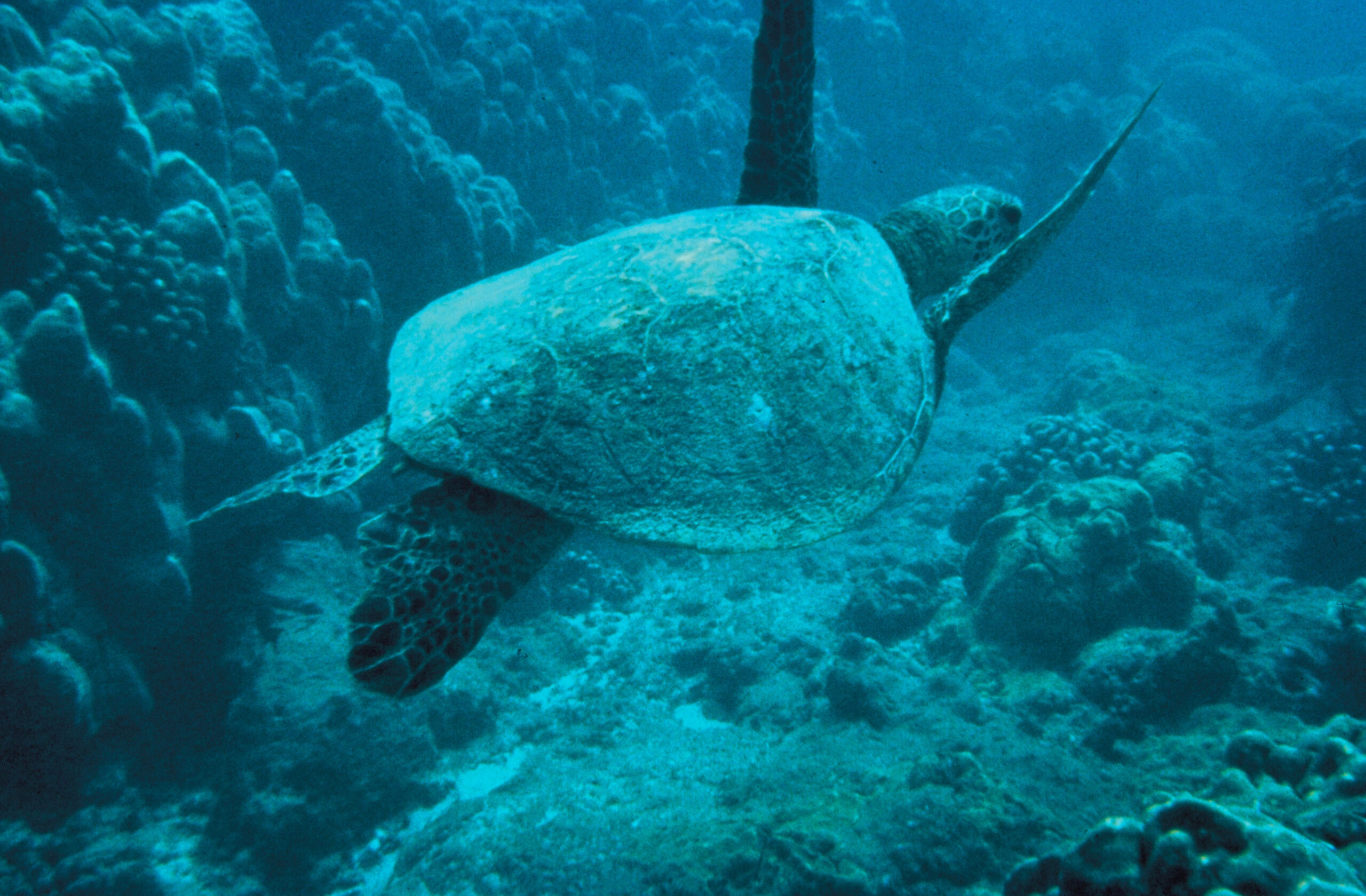
Aldabra Atoll, one of the world’s largest coral atolls, is home to diverse marine species. Coconut crabs scavenge along its shores, while green sea turtles nest on its beaches. Blacktip reef sharks swim along the reef’s edges, hunting for fish and maintaining the balance of the ecosystem. Yet, like many reefs, it faces threats from climate change and illegal fishing practices, endangering the creatures that depend on it.
Galápagos Coral Reefs, Ecuador – Marine Iguanas, Galápagos Penguins, Sea Lions
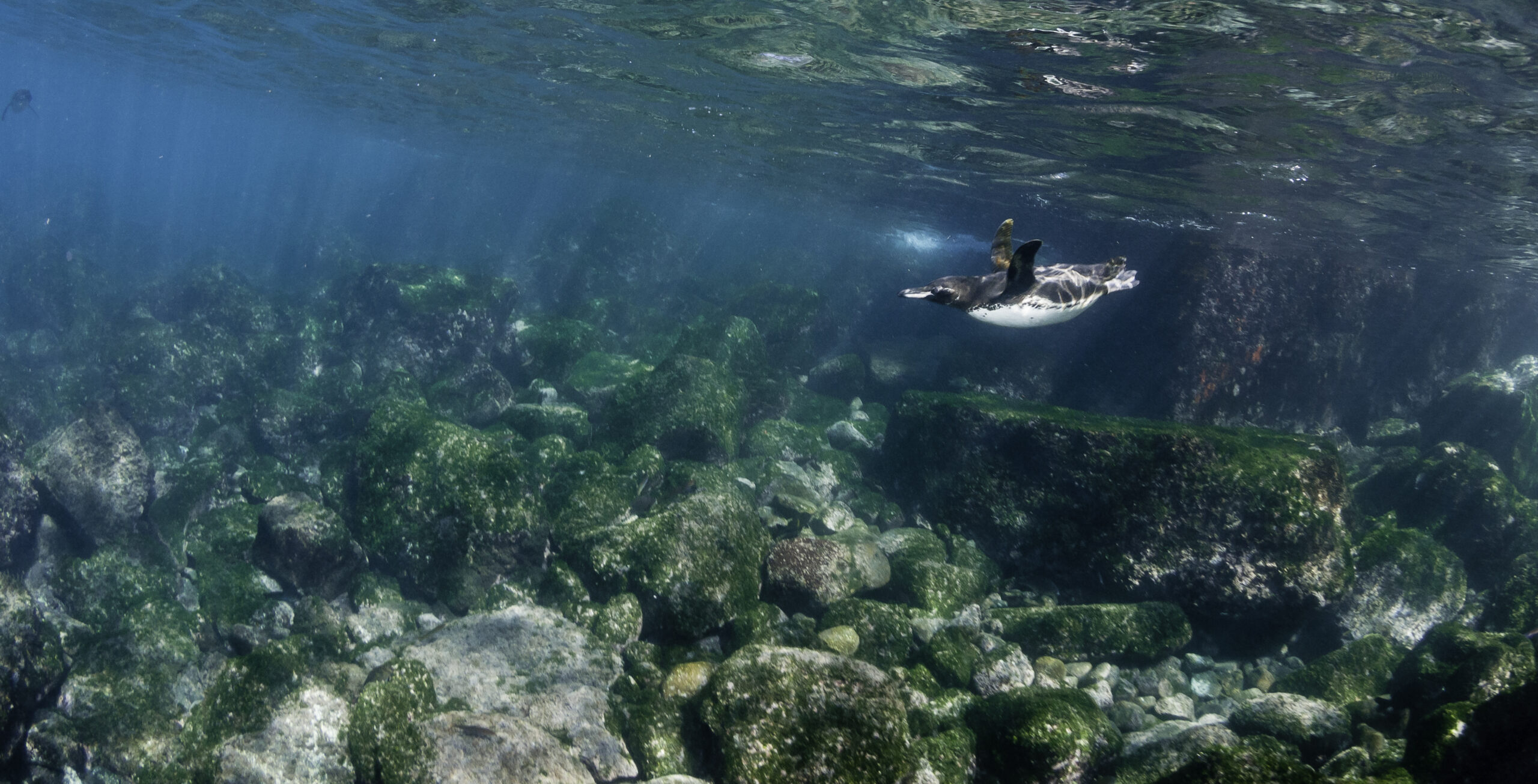
The Galápagos Coral Reefs are a unique part of the famed archipelago’s ecosystem. Marine iguanas, Galápagos penguins, and sea lions thrive in this underwater habitat. The reef’s structure provides both shelter and a source of food for these species. Unfortunately, rising ocean temperatures and overfishing threaten this extraordinary ecosystem, impacting the marine life that depends on it.
Ningaloo Reef, Australia – Whale Sharks, Manta Rays, Dugongs
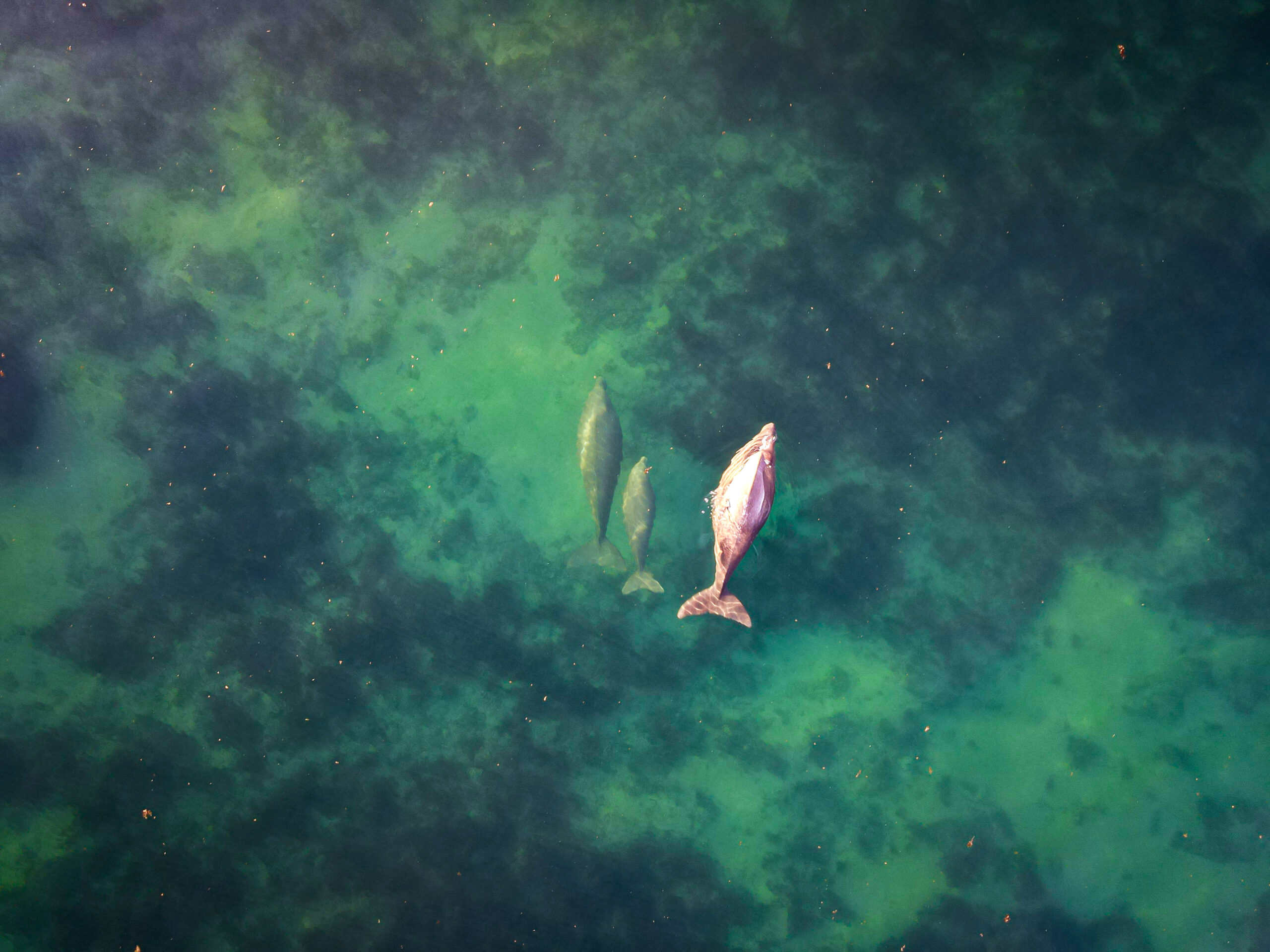
Ningaloo Reef, located off the coast of Western Australia, is famous for its seasonal whale shark migration. Manta rays and dugongs also inhabit the reef, using it as a feeding ground. The biodiversity of the reef is critical for these species’ survival. Despite its remote location, Ningaloo faces threats from climate change and increased human activity, jeopardizing its health and the creatures it supports.
This article originally appeared on Rarest.org.
More from Rarest.org
15 Forgotten Luxury Cars That Faded Into Obscurity

Luxury cars once held as the epitome of design and prestige have not all remained in the spotlight. Read More.
16 Ancient Civilizations That Disappeared Mysteriously

History is filled with the rise and fall of civilizations. Some left behind vast empires, while others vanished without a clear explanation. Read More.
23 Endangered Reptiles Fighting for Survival in the Wild
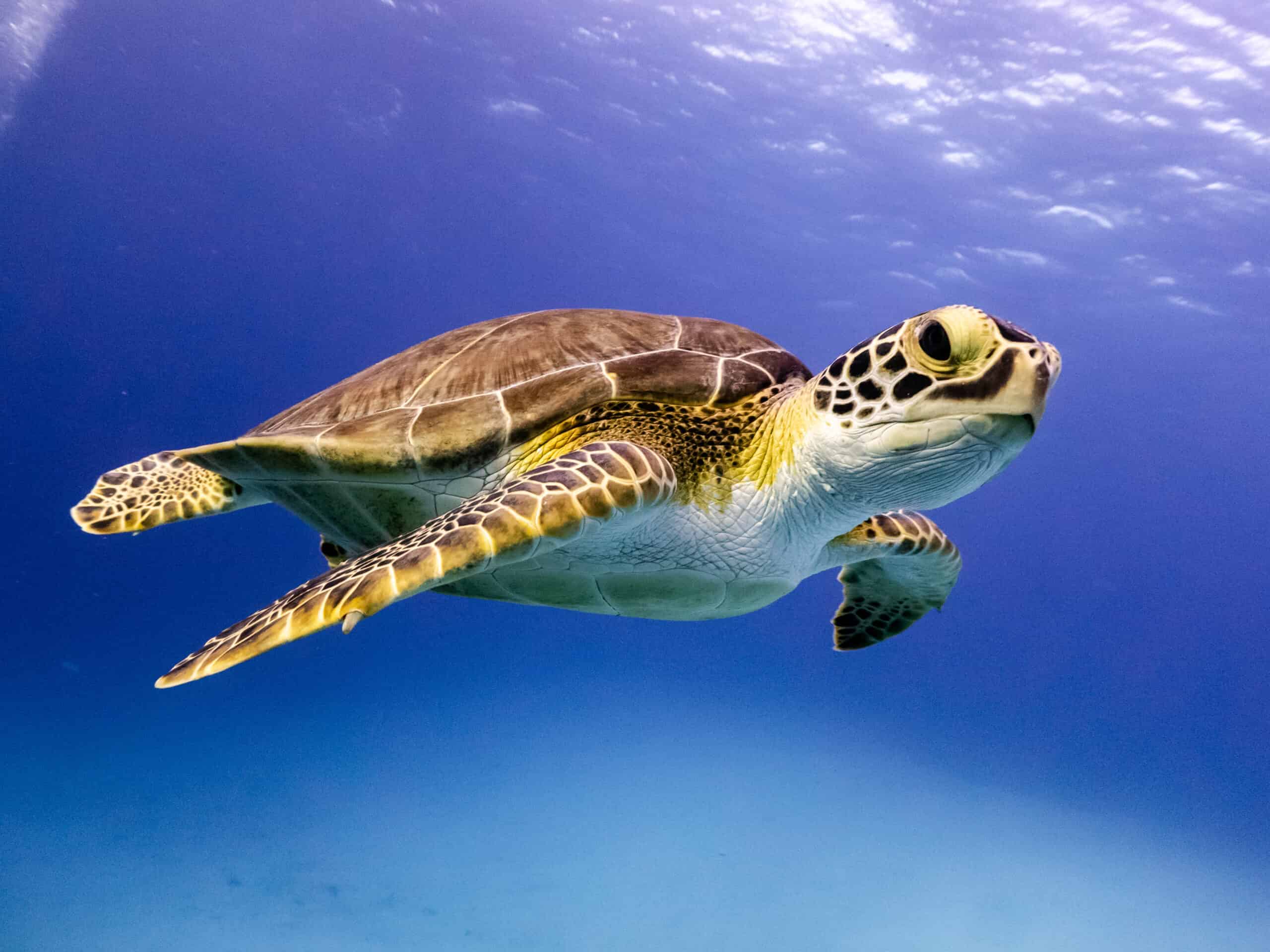
Reptiles across the globe are struggling to survive in their natural habitats. Due to habitat loss, poaching, and climate change, many species face the brink of extinction. Read More.
